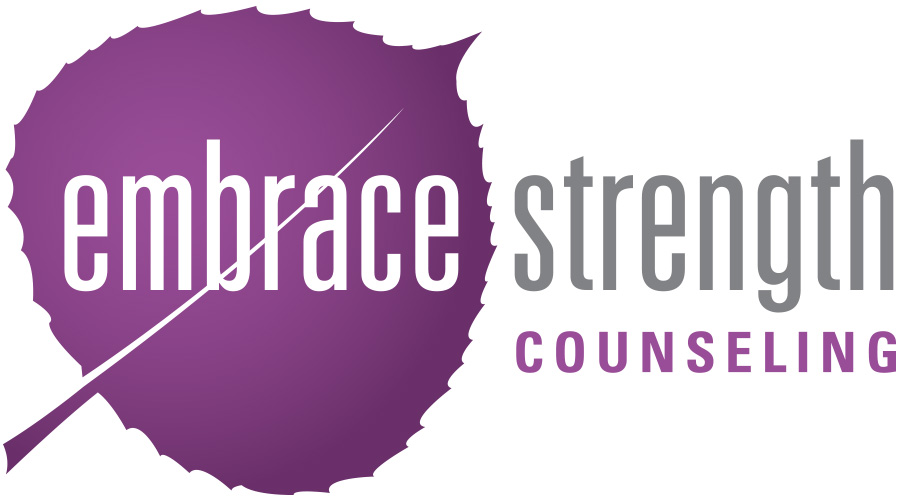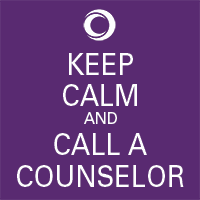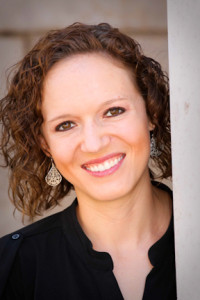April is Counseling Awareness Month, so I thought I’d spend some time writing about the profession that I love and how counseling is different than talking to a friend or loved one in our life. As a therapist in private practice, I have witnessed first hand how counseling can offer support and help people in a plethora of ways; from offering a place of safety and non-judgement to facilitating important behavioral changes in a person’s life. I have also experienced the healing and change process first hand that can result from working with a counselor. I am passionate about the field of counseling and feel honored to be invited into my client’s lives and witness their incredible strength, courage, and resilience while supporting them in moving towards a personally meaningful and fulfilling life. I cannot imagine doing anything else.
Some people worry that going to counseling is a sign of weakness or means that there is something wrong with them. I’m here to tell you that is not the case. There are many aspects that make up who we are as people and attending to each of these parts of ourselves is important to overall wellness. Mental health is a part of this picture and attending to our mental health by seeing a counselor is like attending to our physical body by exercising and eating a balanced diet. I’m not saying that everyone needs to see a counselor but I do think that everyone can benefit from seeing a counselor.
At this point you may be wondering how you could benefit from counseling? There are many benefits to counseling and I’m going to focus on one of them here. You may be questioning why you would pay to talk to someone when you can talk to your friends, husband or wife, partner, siblings, parents, etc.
Counseling is different than talking to a friend or loved one.
Counselors receive extensive training on how to support people in their desire to change or grow personally and how to cope during difficult times or with painful issues or concerns. Counseling offers a space that is rare in our fast-paced, technology-focused society, in that, for an hour each week you can focus on your experiences, thoughts, emotions, self-growth, goals, and behavior while connecting to another human being face-to-face instead of device-to-device. Another important difference is that counseling is confidential and provides you the opportunity to explore your life experiences in a private, non-judgmental, and safe environment. A well-trained and ethical counselor will not tell you what you should do through advice giving but rather will take an active role in supporting and assisting you in taking action that moves you towards your goals and what’s important to you. Finally, our friends and loved ones are often unable to be objective and may try to reassure you before you’ve had a chance to feel heard or understood. They may offer solutions that work for them but not for you. Or, they may begin to refer to their own experiences, thoughts, and opinions in a desire to relate to you and offer support, yet you may not find that helpful. Sound familiar? Friends and loved ones are a vital part of your support system and counseling offers an additional and professional type of support that differs from your interactions with the people in your daily life.
If you’ve been thinking about starting counseling, I encourage you to contact a counselor or therapist today and ask how they can help. For more information on how to find the right counselor or therapist, check out this guide. If you’re interested in learning more about the profession of counseling and Counseling Awareness Week, visit the American Counseling Association’s website.
Image courtesy of www.counseling.org
Catherine S. Tilford, MA, NCC offers individual, couples, and group therapy services in the Denver Metro area and specializes in eating disorders and disordered eating, body image, depression, anxiety, and personal growth. Please feel free to contact me with any questions or to schedule an appointment. For more information about me and my services, visit my website.




It’s great to know more about mental health and seeing a counselor. I like how you stressed that nothing is wrong with anyone who sees a counselor. I agree; it’s smart of someone to seek professional help. My wife struggles with depression, so I’ll try again to get her to see someone for it.